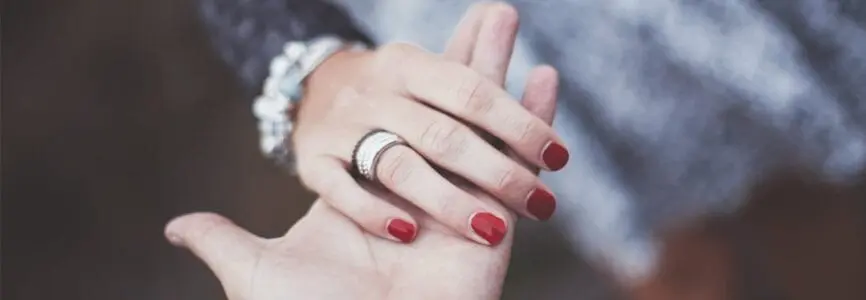Bioethics Forum Essay
From Jackie and Me: A Plea for Opt-Out Organ Donation
Three weeks ago, my dear friend Jackie, a internationally recognized bioethicist in her fifties who lives in Newcastle-Upon-Tyne, went to bed with what she thought was a bad case of flu. A few days later she was really ill, and her partner and another dear friend persuaded her to go to an emergency care clinic. After a round of tests, Jackie texted me: “The doctor said, ‘Your liver isn’t very happy.’ I felt like telling him, ‘Meanwhile, my spleen is moderately content but my pancreas would like a 1.3 percent pay raise, so what are you going to do about it?’ Luckily I refrained–they don’t have much of a sense of humor, these consultants.”
She grew steadily worse, and a few days later the doctors said she was in liver failure. None of the tests could explain what had caused it, but by Friday of last week they told her partner that unless she received a liver transplant within three days, she would die. She was moved to a liver specialist unit and placed second on the waitlist for livers in the U.K. And then the wait began. All over the world, those of us who loved her held our breath, posting messages of fear, hope, and prayer on Facebook and Twitter. We woke on Saturday morning to learn that a miracle had happened. A healthy liver had become available and she was undergoing the eight or so hours of transplant surgery that we hoped would save her life. Our gratitude to the unfortunate donor was boundless, if mixed with sorrow that this person had died.
Jackie came through the surgery well. Later that day her partner texted me to say that when they woke her and asked how she was feeling, she told them, “I think I might go clubbing.” The news the following day was even better: the new liver has begun to work. Jackie’s skin had gone from bright yellow to pink, which is now my favorite color. There is still a great deal that could go wrong; her blood pressure is very high, which is normal at this point, and the liver might still be rejected. But Jackie lives and is herself again.
According to the United Network for Organ Sharing, 15,296 people in the U.S. are currently waiting for a liver transplant, but between January and April 2015 only 2,320 donor livers were available. For solid organ transplants overall, the statistics are equally grim: 9,777 organs were transplanted so far this year but 122,872 people are currently on organ waitlists. On average, 22 people die each day while waiting for a transplant.
Under the current system in both the U.K. and the U.S., people opt in: they have to indicate their wish to donate on their driver’s license or by getting a donor card. Even then, their wish is not likely to be honored unless the family grants permission, which is usually requested just as the family learns of their loved one’s death. While it’s true that anyone can become an organ donor, no matter how old they are, and that all major religions approve of organ and tissue donation and consider it an act of charity, many people or their families are reluctant to donate, fearing that donor status might encourage doctors to let them die rather than doing everything possible to save their lives. This fear is groundless. Indeed, to avoid exactly this conflict of interest, the transplant team consists of an entirely different group of professionals from those who are treating the patient.
I have long been one of the many bioethicists who advocate for an opt-out system: usable organs are to be retrieved from the deceased unless they have explicitly said they do not want to part with them after death. Many countries, including France, Italy, Austria, Belgium, Finland, Spain, Costa Rica, Ecuador, Panama, and Sweden have adopted the opt-out system, and according to a recent study inBMC Medicine, it’s very clear that transplantation rates are higher in those countries.
An opt-out system would not take away anyone’s right to retain their organs after death. Many of us would prefer to have people in need use our organs after we have finished with them, but people who don’t see it that way need only say so and their wishes would be respected. I’d only urge them to think and feel their way into Jackie’s position, and ask themselves whether they’d like longer or shorter odds that their lifesaving organ arrives in time.
Hilde Lindemann, PhD, is a professor of philosophy at Michigan State University and a Hastings Center Fellow.
Posted by Susan Gilbert at 07/14/2015 03:19:50 PM |













